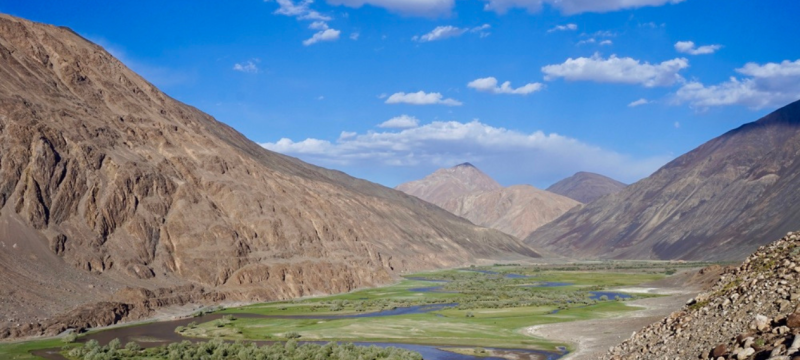A new report by the International Union for Conservation of Nature (IUCN) has revealed that climate change is now the biggest threat to the planet’s most treasured natural heritage sites, putting 43% of them at risk.
According to the IUCN World Heritage Outlook, rising temperatures, extreme weather events, and sea level rise are severely impacting biodiversity across key sites such as the Great Barrier Reef, Yellowstone National Park, and Kilimanjaro National Park.
The report noted that many ecosystems once considered stable are now under serious pressure. Coral bleaching, glacier melting, droughts, and wildfires have intensified over the past decade, pushing numerous species toward extinction.
Experts warned that the climate crisis is undermining decades of conservation progress. “These natural wonders are not just tourist destinations; they are vital to global biodiversity and climate balance,” said an IUCN spokesperson.
Asia and Africa were identified as the most vulnerable regions, with several sites in Pakistan, India, and Kenya showing early signs of irreversible damage. The IUCN called on governments to enhance environmental protection policies, invest in green technologies, and implement stricter emission controls.
In addition to climate change, the report cited pollution, illegal logging, and unregulated tourism as contributing factors to ecosystem decline. However, it emphasized that climate impacts have become the most dominant and far-reaching threat.
The organization urged immediate global cooperation to prevent further damage and safeguard these heritage sites for future generations.
The findings come ahead of the upcoming UN Climate Conference, where world leaders are expected to discuss renewed commitments to environmental preservation and sustainable development.
Read More : Beijing Floods Expose Climate Risks in Historically Arid Region







